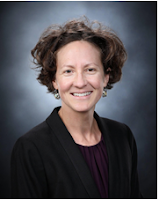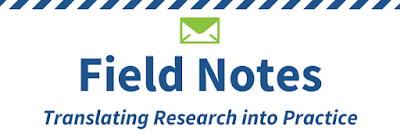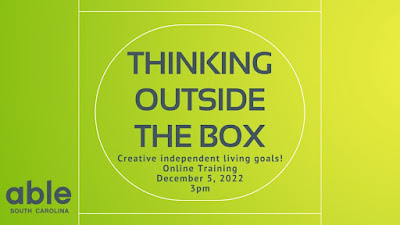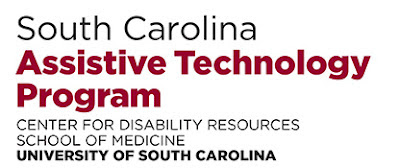PRO TIP
9 Hacks to Make Your House More Accessible
When we were putting together our latest Consumer Guide, we asked wheelchair users across the country for hacks to make their living spaces a little easier to manage. Here are our favorites — from installing a do-it-yourself lift to access a tall vehicle, to putting your dining table on oversized casters, to trading out rubber garden hoses for fabric ones, and more. Hopefully one of these inexpensive hacks will work for you, or even better, spark an idea for your own ingenious access solution.
TRENDING
Stair-Climbing Wheelchair Gets a Real-World Test
We love Facebook videos of fantastical, completely impractical-looking stair-climbing wheelchairs as much as anyone. So, we were a bit shocked when one of them, the Scewo, turned into a product you can actually buy — at least if you’re in Europe. Check out this video of a real-world test by para Cambry Kaylor on the ultrapopular YouTube channel JerryRigEverything. Spoiler alert: Climbing and descending stairs looks surprisingly simple and downright terrifying.
SPORTING SCENE
First U.S. Women Compete in Wheelchair Rugby World Championship
Sarah Adam and Liz Dunn made history at the 2022 Wheelchair Rugby World Championship in Denmark in October, becoming the first women to compete for USA Wheelchair Rugby at a major championship. They are part of a growing number of women competing at the highest levels of the sport.
PRODUCTS
Outrider Coyote Off-Road Mobility Vehicle: Reviewed
Outrider’s new Coyote adaptive off-road vehicle was designed to accommodate a wide range of functional abilities. We got our product guy, C5-6 quad Mike Franz, to see how it performs. Even for someone with poor balance and worse hand-dexterity, he found it a highly capable vehicle on a variety of terrains. Read the full review here.


















